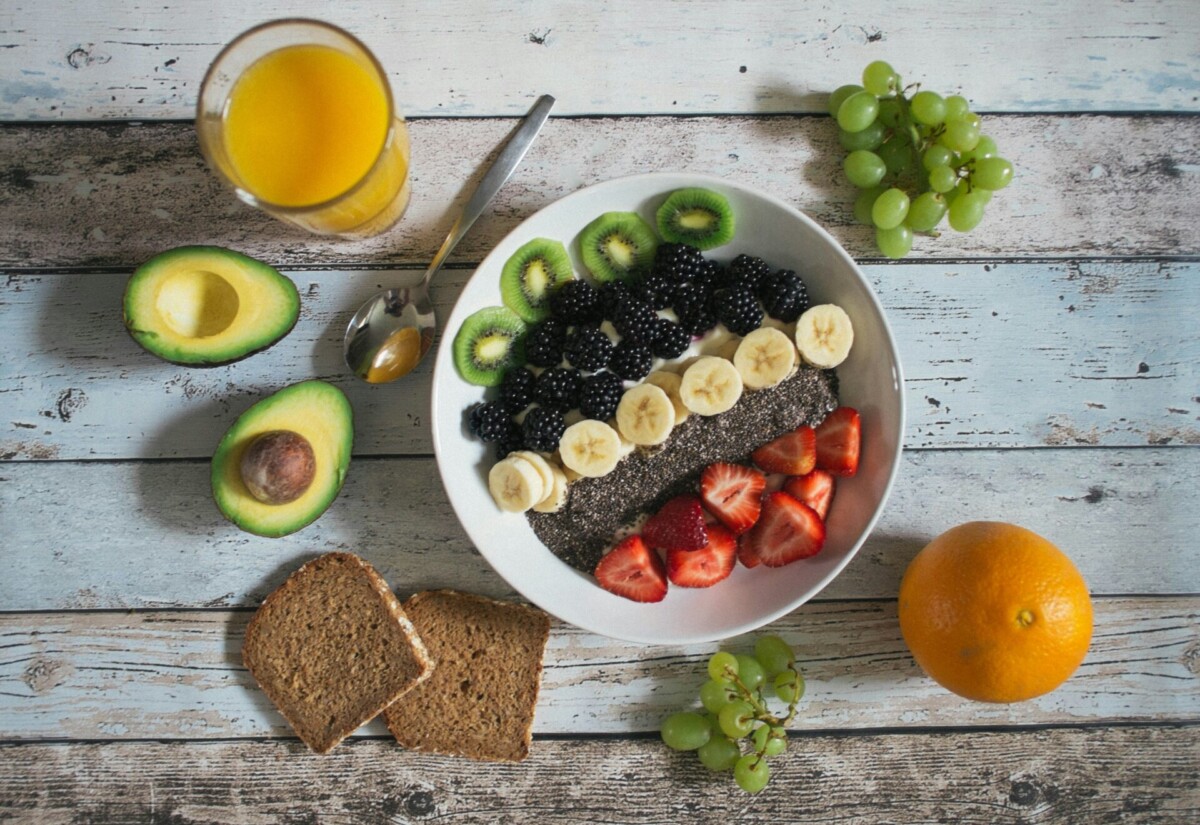
Protein stands as an important part of a balanced diet, offering a variety of vital nutrients essential for our overall health and well-being. Beyond its reputation as a muscle-building powerhouse, protein plays a pivotal role in various bodily functions, from hormone regulation to supporting the nervous system. In this blog, we’ll look at the importance of essential amino acids, and the diverse array of both plant and animal protein sources available to us.
At its core, protein consists of chains of amino acids. While our bodies can make certain amino acids on their own, others, known as essential amino acids, must be acquired from dietary sources. Nine essential amino acids are crucial for sustaining our health, and these include B vitamins, vitamin E, zinc, iron, and magnesium, which collectively contribute to our overall well-being.
When it comes to sourcing our protein, there are two primary options: plants and animals. Plant-based proteins offer a versatile choice, especially for those aiming to include more vegetables or adhere to a vegetarian or vegan lifestyle. However, it's important to note that plant proteins may not always provide all the essential amino acids our bodies require. Thus, it's important to consume a mix of plant-based foods throughout the day to ensure overall nutrient intake.
Plant protein sources include:
Soy: tofu, edamame, soy milk, and tempeh
Legumes: black beans, pinto beans, chickpeas, kidney beans, peas
Nuts: peanuts, almonds, cashews, walnuts
Seeds: chia seeds, flaxseeds, hemp seeds, sunflower seeds, pumpkin seeds
Grains: oats, barley, quinoa, wheat, rice
Lentils
Additionally, plant-based meat substitutes have gained popularity as a convenient alternative for reducing meat intake. However, it's crucial to exercise caution, as some of these substitutes may contain excessive amounts of salt and unhealthy fats.
While plant proteins offer nutritional benefits, animal protein sources are even better because they contain all the amino acids your body needs. This makes them really good for building and repairing muscles. However, it's important to be mindful of the accompanying saturated fat content commonly found in animal products. Choosing lean meats, skinless poultry, and low-fat dairy products can help decrease the risk of excessive saturated fat intake.
Lean animal protein sources:
Low-fat dairy: 1%- nonfat milk, nonfat Greek yogurt, 2% cottage cheese
Skinless chicken or turkey
Eggs/egg whites
Fish/Seafood: white fish, salmon, tuna, shrimp, lobster, crab, scallops
Lean meat: at least 90% ground beef or turkey, pork tenderloin
If you're someone who hits the gym regularly, you might need a bit more protein to help your muscles grow and recover. Remember, it's important to focus on getting protein from healthy sources and not overdo it with processed foods or foods high in saturated fats.
In the end, protein is like the superhero of our diet, keeping us strong and healthy. By making smart choices about what we eat and including a variety of protein-rich foods in our meals, we can fuel our bodies for a lifetime of health and happiness. So whether you're all about that plant power, love your lean meats, or somewhere in between, there's something out there for everyone to enjoy and stay healthy.











